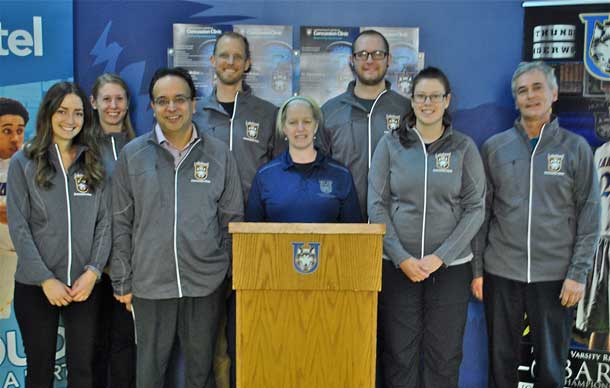If you’ve ever experienced a blow to the head, you may know what a concussion is like. It is a mild traumatic injury you experience when you hit your head or have your body vigorously shaken. Concussions usually last for ten days. If it goes past that and your symptoms do not disappear, you may have post-concussion syndrome, irrelevant to the intensity of the concussion.
Symptoms
The post-concussion syndrome symptoms you experience can be vague and hard to pinpoint. They vary in type and intensity from individual to individual as well. But some common ones are:
- Headaches: These can be mistaken for tiredness-related aches and are often confused with migraines.
- Dizziness that you may mistake for weakness
- Constant exhaustion
- Annoyance
- Anxiety and depression
- Decreasing quality and quantity of sleep
- Problems with concentration and memory
- Ringing in the ears
- Blurred vision
- Noise and light sensitivity
- Problems in tasting and smelling
Tests
There are no specific tests to determine whether you suffer from post-concussion syndrome. Your doctor will generally look at your medical report to make the diagnosis and create the link between past head injuries and your symptoms. The doctors can then request a CT or MRI scan of the brain to understand brain activity and rule out other symptoms, like infection or tumors.
Preparing for an Appointment
Before consulting a doctor later on post-concussion, it is best to prepare beforehand.
- Make a list of the symptoms you are experiencing
- Write about the mental illnesses or stressful situations you might be going through
- Ask a family member or friend to accompany you for support; they might remember something the doctor said you may have missed or vice versa
- Write down any questions you have for the doctor
Treatment
Every doctor has a different way of approaching post concussion syndrome treatment. There is no generalized form of recovery, and it will vary from person to person. The most general treatment given by doctors is to avoid stressful situations and rest as much as possible. Your doctor will most likely prescribe you medication for migraines or headaches. You may also get antidepressants to help with dizziness. No medicines will be provided to you for memory loss and learning-inability-related symptoms because time is the best remedy.
However, therapy and rehabilitation processes are recommended to recover from cognitive illnesses. Doctors recommend psychotherapy to combat anxiety and depression that develops in post-concussion syndrome. In psychotherapy, you are encouraged to understand the reason for your injury and help you come to terms with it. To supplement your treatment, medical professionals can also give you anti-anxiety medication.
Endnote
Concussion and Post-Concussion Syndrome are treatable conditions, but many other illnesses that may result from brain injury may not be recoverable. It’s best to protect yourself against head injuries. Always wear a seatbelt when traveling and a helmet when riding a bike or playing sports.
When diagnosed with a concussion, you need to communicate all your symptoms, no matter how mild, to your doctor. It is equally significant for you to follow all the remedies and medications they instruct you to take. Be sure to get plenty of rest, avoid situations that will further add to your symptoms like traffic and screens, and stay away from stressful activities. If the event that caused you to have a concussion is troubling you, it is best to seek professional help and come to terms with the incident.



